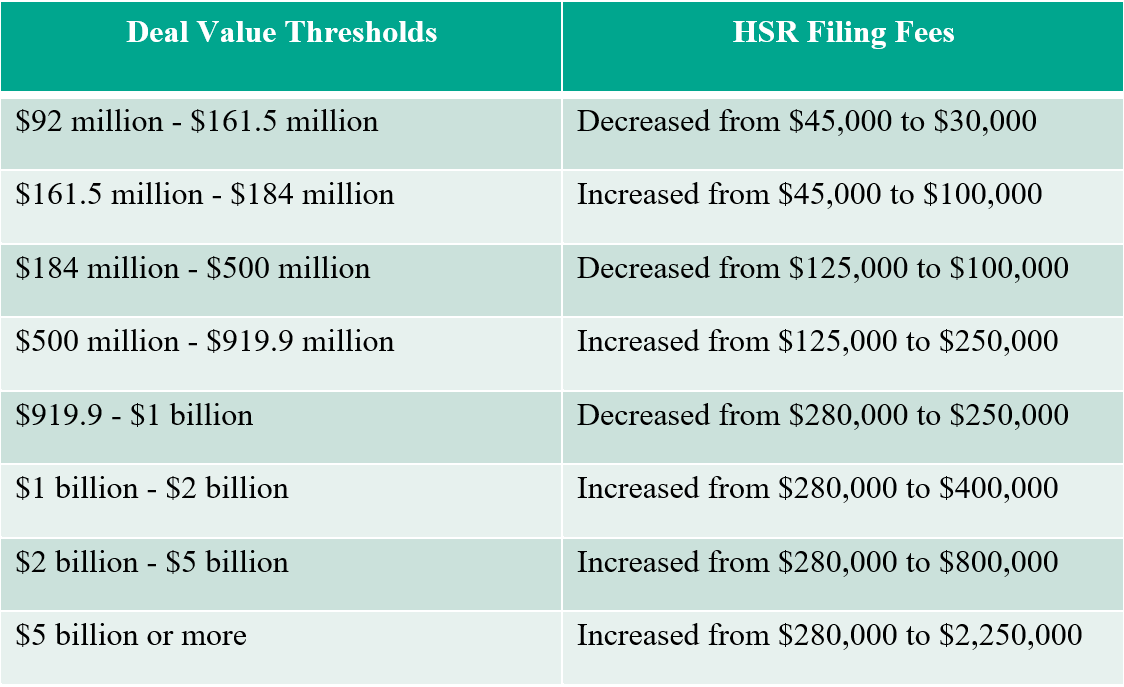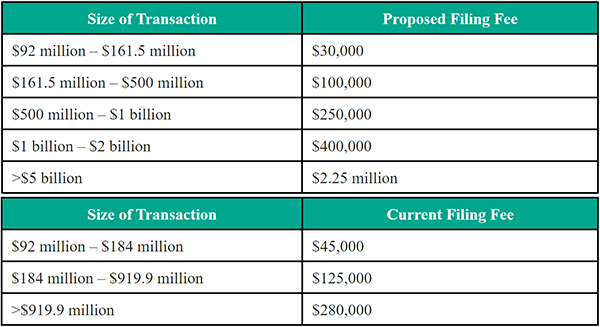Topics covered in this edition:
UNITED STATES
- US agencies are increasingly scrutinizing consummated mergers from years past, including Live Nation’s purchase of Ticketmaster and Meta’s acquisitions of Instagram and WhatsApp.
- Reports indicate that, over the past three years, companies have abandoned 37 deals in the face of Federal Trade Commission pressure.
- Merger activity in oil and gas markets remains high, and although agencies are scrutinizing these deals, they engaged in minimal enforcement activity this quarter.
EUROPEAN UNION
- Court of Justice of the European Union Advocate General Nicholas Emiliou issued his opinion in the Illumina/Grail case, concluding that Article 22 of the EU Merger Regulation is not the European solution for dealing with “killer acquisitions.”
- The European Commission (EC) issued a competition policy brief on non-price competition in EU merger control, noting that it is increasingly evaluating non-price competition parameters alongside traditional price effects for its merger reviews.
- The EC suspects Kingspan to have intentionally, or negligently, provided incorrect, incomplete and misleading information while it investigated the company’s planned acquisition of Trimo in 2021.
UNITED KINGDOM
- The Digital Markets, Competition and Consumers Act will grant the Competition & Markets Authority with powers to enforce the new digital markets competition regime and will apply to firms that are designated as having strategic market status.
read more

 Subscribe
Subscribe


